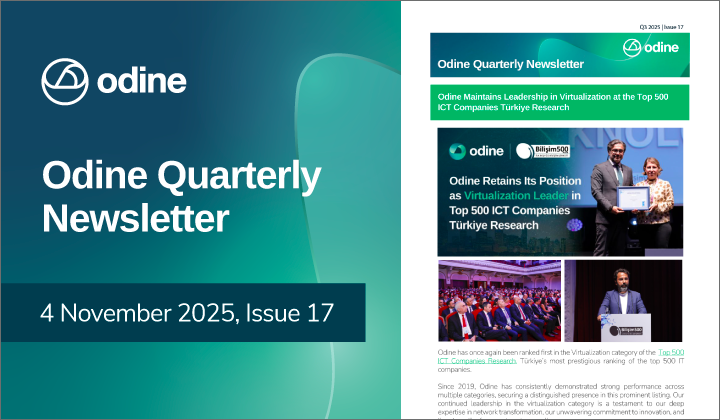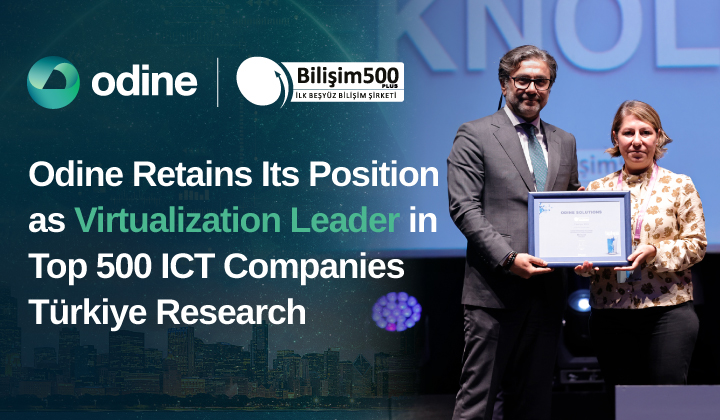Hosted by Odine, the event “Connecting the Dots with AI for a Smarter Enterprise & Telecom Landscape” took place on June 16 at Swissôtel The Bosphorus Istanbul, drawing high-level participation from across the telecommunications, public, financial, academic, and technology sectors. With leading names such as PwC, Nvidia, Red Hat, and OdineLabs in attendance, alongside prominent academics from Georgia Tech and Istanbul Technical University, the event offered a strategic lens on the impact of artificial intelligence across industries.
In his opening remarks, Alper Tunga Burak, CEO and Chairman of Odine, emphasized that AI is no longer a purely technical concept. “We are collectively witnessing how AI is reshaping how we work, communicate, and build our corporate strategies. Once confined to theoretical discussions, AI has rapidly evolved, especially since the 2010s, with the rise of deep learning, the explosion of data, enhanced computing power, and cloud infrastructure. This evolution is not merely technical; it presents a strategic opportunity for organizations to reimagine their operations and enhance their competitive edge. By understanding the scale of this AI-driven transformation and accelerating its integration, companies can unlock significant value. We organized this event to raise awareness and bring together professionals from diverse sectors to share insights and shape the path forward.”
Following the keynote, Bülent Kaytaz, CEO of OdineLabs Inc., shared Odine’s AI-driven R&D vision and technology investment roadmap with the audience.
The day began with keynote sessions from representatives of PwC, Nvidia, Red Hat, and OdineLabs, covering a broad range of topics, from AI-powered decision-making systems and sustainable network infrastructures to data-driven operations and next-generation security solutions.
A panel discussion featuring senior leaders from Doğuş Teknoloji, Denizbank, Vodafone, and HalkÖde provided real-world insights into how AI is transforming operational workflows and industry practices. In the afternoon, the agenda continued with technical and academic sessions addressing 6G communication architectures, cloud-native systems, agentic AI models, and AI-driven communication solutions.
This well-attended event once again confirmed that artificial intelligence is no longer the domain of only technology teams, it has become central to public policy, academic research, financial planning, and communication infrastructures alike. The program, which brought together experts from across disciplines, garnered strong interest and proved to be a powerful platform for cross-industry collaboration.























